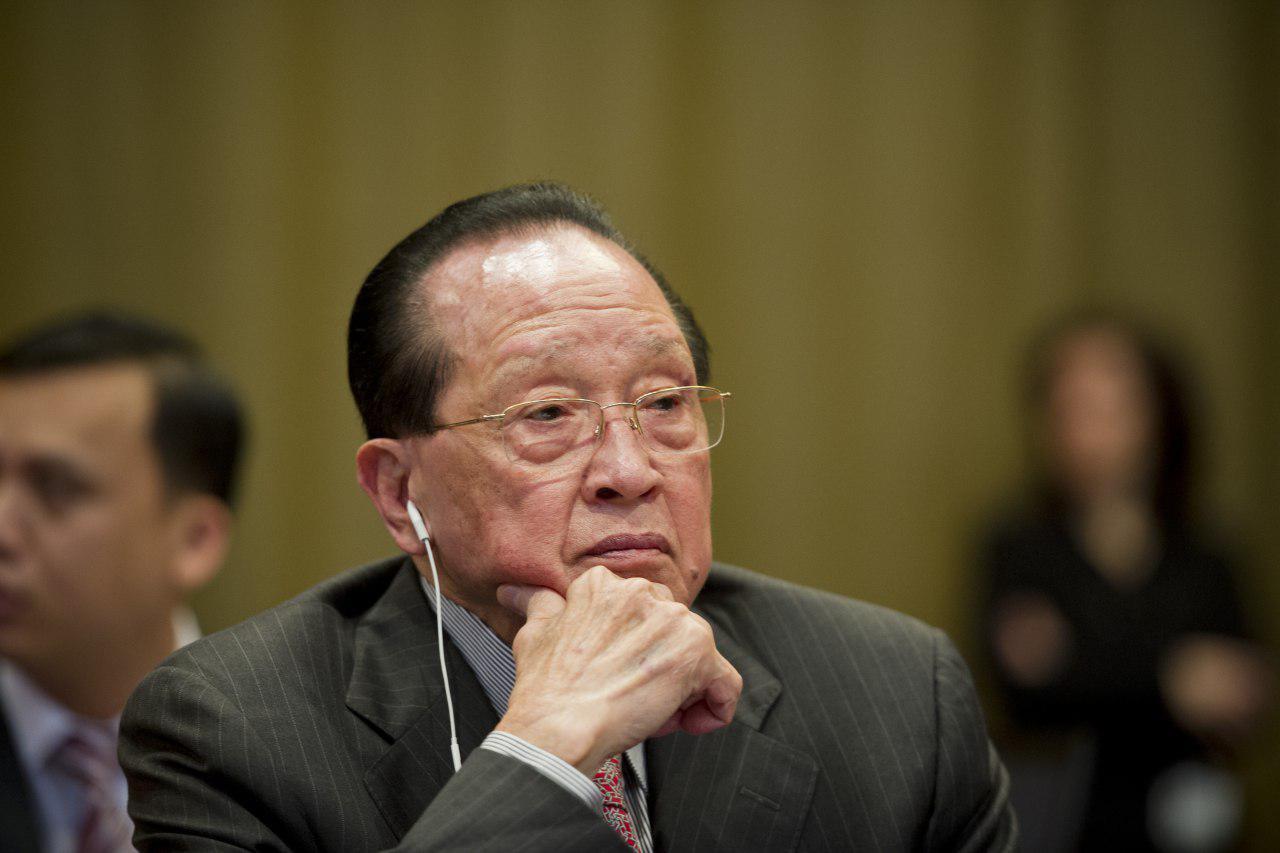PHNOM PENH, March 30 (Xinhua) — China plays a big role in solving the Korean Peninsula issue and promoting peace and development in the world, said Cambodian Deputy Prime Minister Hor Namhong in an exclusive interview with Xinhua on Thursday.
The recent trip of the Democratic People's Republic of Korea (DPRK)'s top leader Kim Jong Un to China is "very, very important, showing the very good relations between China and the DPRK," he said.
This shows the vision of Chinese President Xi Jinping for a peaceful solution to the Korean Peninsula issue, said the official, adding that Xi has always appealed for a peaceful settlement of all the problems on the peninsula, even when there were tensions between the United States and the DPRK.
"President Xi Jinping always, up to now, always recommended peaceful settlement," he said.
Kim's visit signifies that China is a great power in Northeast Asia and in Asia in general and shows that China should always be included in any settlement of problems regarding the Korean Peninsula, the deputy prime minister said.
This year marks the 60th anniversary of diplomatic ties between China and Cambodia. Speaking of bilateral relations, he said, under the comprehensive strategic cooperative partnership, the two countries' cooperation is "in every field ... not one, two or three sectors, but every field." The two countries have frequent top-level exchanges, for example in terms of people, trade and investment.
"I expect that the relations, under the framework of the comprehensive strategic cooperative partnership, will be deepened from day to day," he said, adding that the bilateral relationship could even be called "fraternal."
Although China and Cambodia have different political and social systems, Cambodia can learn from China when it comes to developing the economy and improving people's living standards, he said, adding he has a copy of Xi's book on the governance of China — "Xi Jinping: The Governance of China."
Cambodia can learn from the Chinese experiences in reform, not only in the government sector, but also in the party, he said. "Reform can bring prosperity for the people, can reduce poverty, can also fight against corruption. ... Without good governance, we cannot have progress," he said.
He also spoke highly of China's role in driving the regional development, especially via the Belt and Road Initiative.
More than 2000 km of roads and seven large bridges in Cambodia have been constructed with China's aid. The new Siem Reap airport and the highway to connect Phnom Penh to Sihavoukville will also demonstrate the initiative's importance to Cambodia, said the deputy prime minister.
The initiatives will contribute to the national strategic plan of Cambodia, he said.
In the energy sector, thanks to China's investment in hydropower, the electricity prices in Cambodia are now decreasing, which is very helpful to developing industries, he said.
In addition to facilitating industrial development, investment in the hydropower field is also improving the living standard of the Cambodian people. "By the year 2020, we plan to have electricity throughout Cambodia, in the remote areas, in every village, thanks to the investment of China," the official said.
"The BRI (Belt and Road Initiative) will bring prosperity and infrastructure, exchanges of people, trade and investment, exchanges of youths, not only between China and Cambodia, not only between China and the Asian region, but also between Europe and Africa. The BRI will promote exchanges, I am sure, promote peace and cooperation among people worldwide," he said.
A community with a shared future for humanity and the Belt and Road Initiative are "two very fundamental visions of President Xi Jinping. They will promote peace around the world, will promote better understanding among people, will promote cooperation in every field among people, among countries on the basis of win-win solution," the deputy prime minister said.





